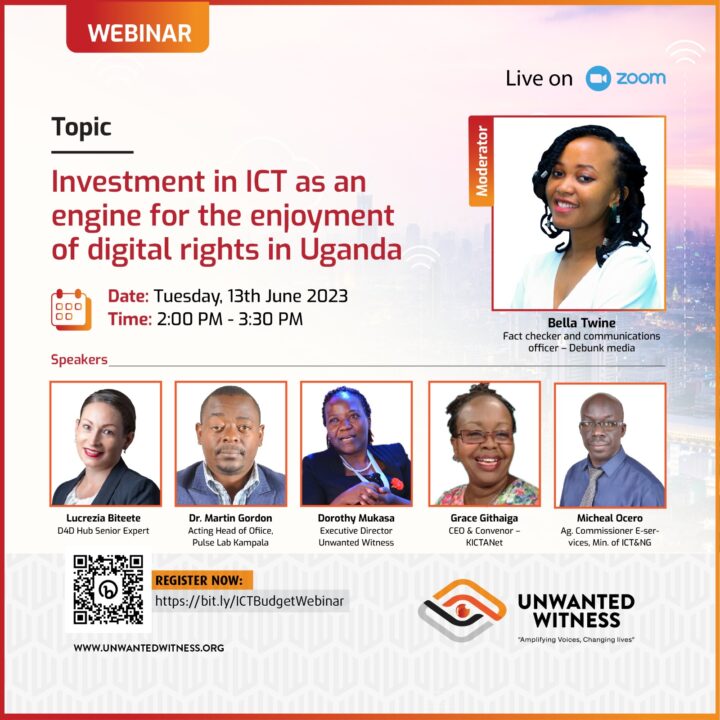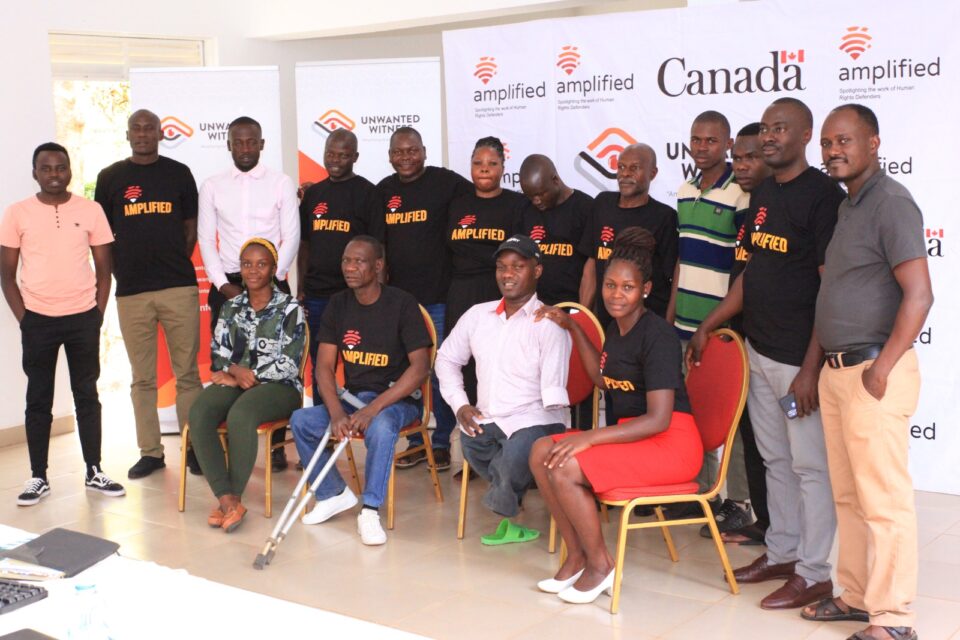Inclusive Technologies for Equal Opportunities.

By UW Team
Digital Technology tools and services have been recently acknowledged as liberating and empowering to the work of Human Rights Defenders globally, assisting them to work more efficiently, but also generating a new wave of campaigning and online activism derived from increased awareness, accessibility, and globalization in an information-driven world.
The Millennium Declaration, adopted in early 2000 underscored the urgency of ensuring that the benefits of new technologies, especially Information Communication Technology( ICTs) are made available to all.
Over 20 years after the Declaration, attaining digital inclusion for low-income countries is still a hurdle, and even worse for in-country vulnerable populations – based on gender, disability, geographic location, and ethnicity among others. The digital divide is caused by among other factors, lack of affordable internet, inadequate digital literacy skills, patchy infrastructure, and lack of access to ICT tools.
A report authored by the World Wide Web Foundation, noted that only 19% of Ugandan women are online, compared to 27% of Men. The report further highlights that Uganda by far has the largest gender gap in internet access among the countries included in the survey of women’s online experiences.
This situation has been made more glaring by the global health crisis caused by COVID-19, exacerbating already existing technological inequalities.
The world can no longer afford to simply observe digital exclusion, as the majority of voices remain digitally invisible. This discussion and action around digital inclusion as a human right particularly for grassroots human rights defenders is relevant and must be supported.
Bridging the skills and tools gap.
Through the Canada Fund for Local Initiatives (CFLI), Unwanted Witness in partnership with the Embassy of Canada is contributing to the adoption and use of ICTs among grass-root Women human rights defenders in Uganda. Six influential/impactful organizations in the Rwenzori region have had their first experience in the digital space.
“Several grass-root human rights groups are doing tremendous work in communities, supporting fellow women with different vulnerabilities … but they are not existing in online spaces. We also know that because of Covid-19, all our lives are online. Therefore, they are missing out on many opportunities that come with online presence,” explains Dorothy Mukasa, the Executive Director, Unwanted Witness Uganda.
The considered organizations defend the rights of children, women, persons with disability, and people living with HIV/AIDs. They include Center for Gender Equality, National Community of Women Living with HIV/Aids in Uganda, Rwenzori Development Foundation, Rwenzori Women Health Support Initiative, Advocacy for Women Health Support Initiative, and Bundibugyo Women with Disabilities Living with HIV/Aids Association

The different organizations received web-based platforms as well as skills training in management and online advocacy.
“This project presents us with an opportunity to make ourselves heard and also raise voices of the communities that we serve. Before, the visibility of our work was minimal because we have been unreachable. We are thankful to the Unwanted Witness for the opportunity,” noted Moreen Kyobutungi, Executive Director Rwenzori Women’s Health Support Initiative.
Across the globe, civil society groups are relying on digital technology to amplify their work, making resilience and presence a principal element in organizational and advocacy structuring.


